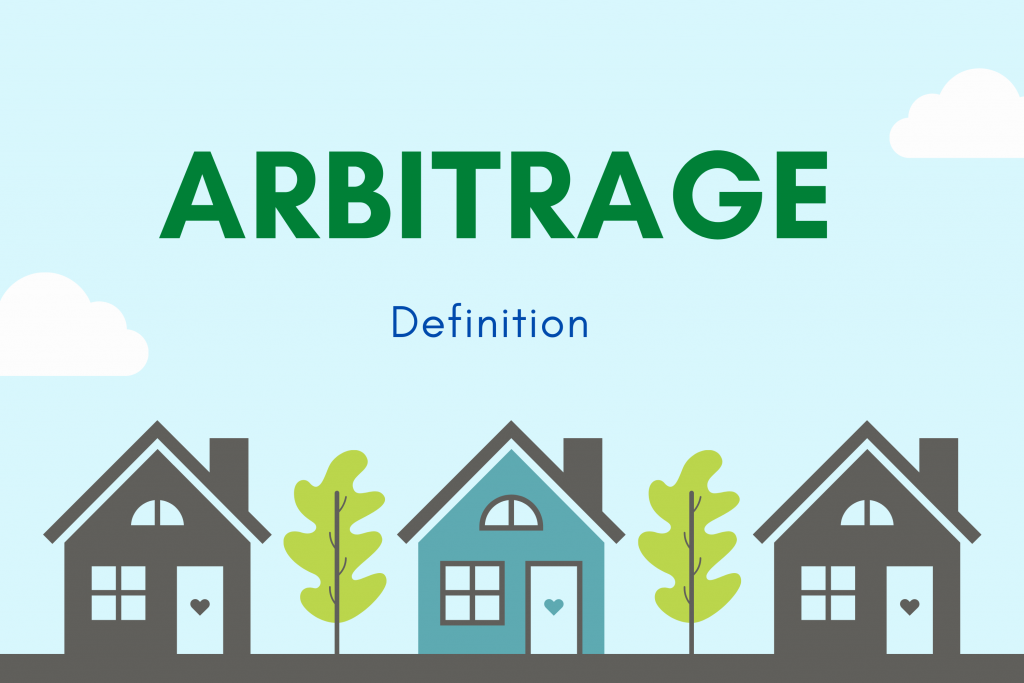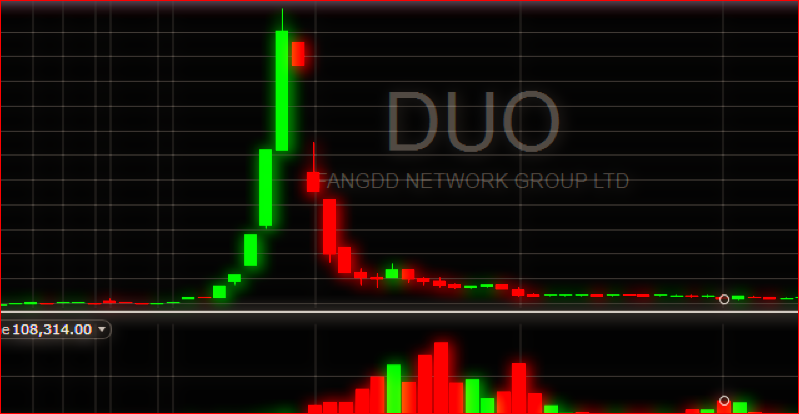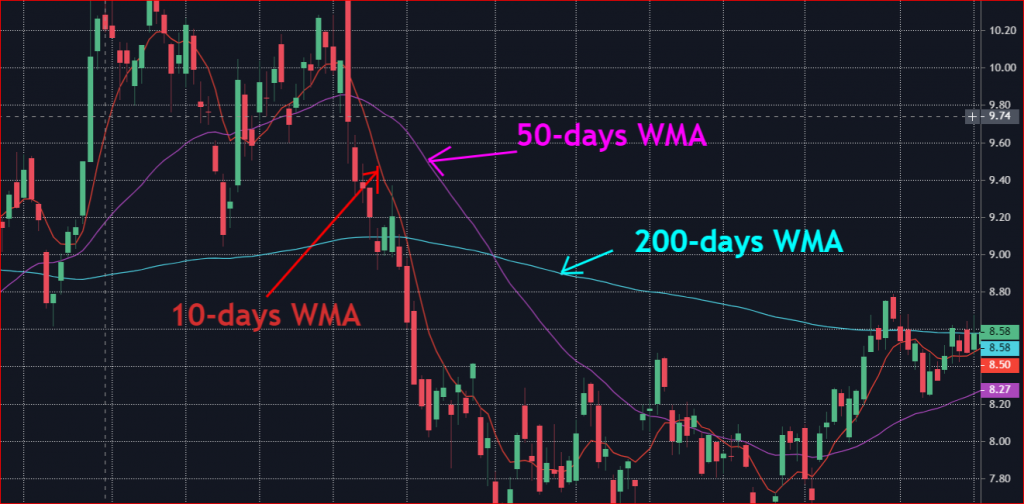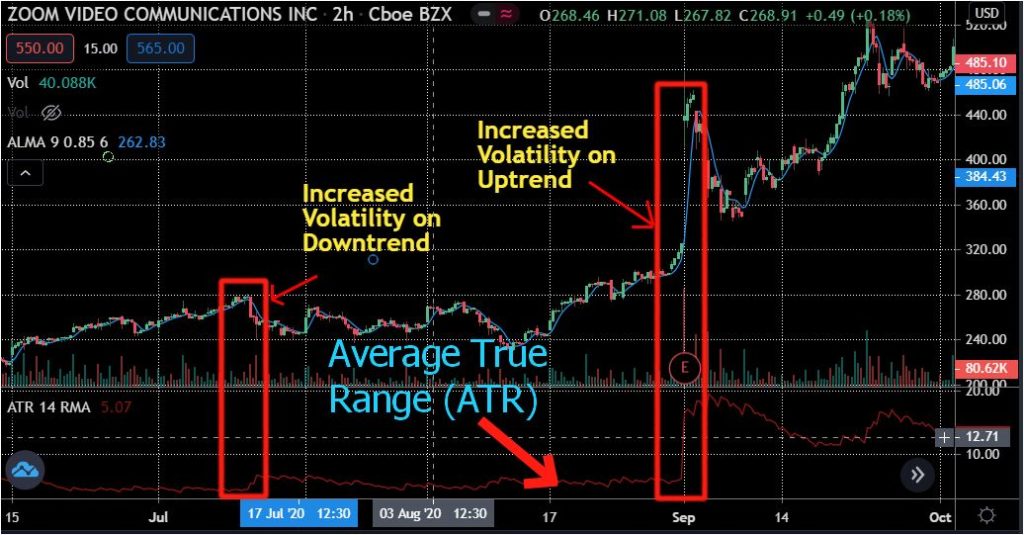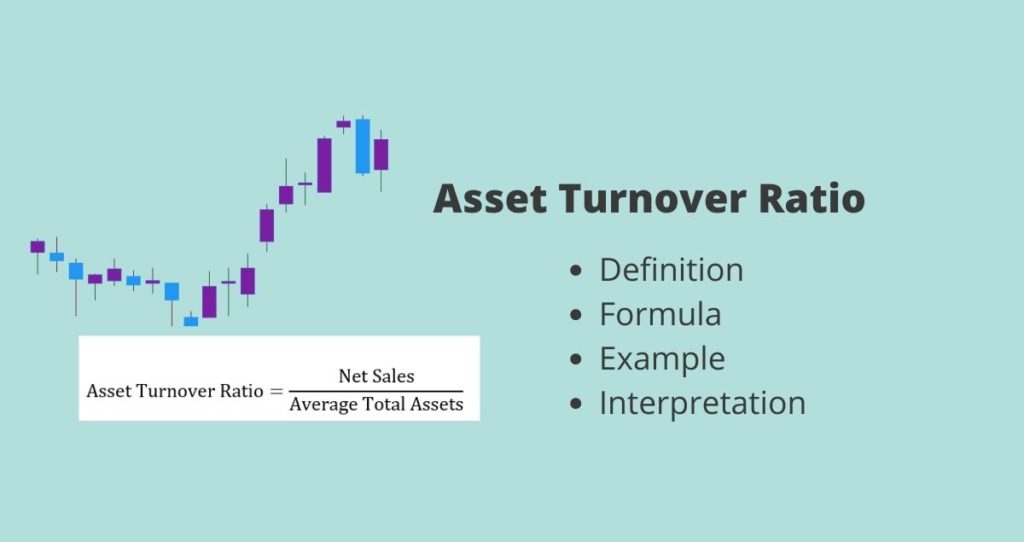What is common stock?
Common stock is a stock that ordinarily has no preference in the matter of dividends or assets and represents the residual ownership of corporate business, according to the dictionary. In summary, common stock represents ownership in a company where owners are not prioritized for dividends and claim on assets.
Investors who hold common stocks participate in the election of the company’s policies and board of directors. Common stock is a type of stock besides preferred stocks.
More details on common stocks
Stocks are bought and sold in the stock market. These markets make it easy for investors and traders to buy and sell stocks. They regulate the liquidity and impose safety standards such as circuit breakers that prevent major losses to investors.
Profitable corporations can decide to give dividends to shareholders or reinvest the profit in the company for expansion and further growth.
By owning common stocks in a corporation, you have the right to elect the board of directors and participate in the making of the corporate policies. The downside is that you only benefit over the long term from this type of stock.
Common stockholders have a low ranking in case the company has to be liquidated. According to Investopedia, preferred stockholders, bondholders, and debtors are paid in full before common stockholders receive payments.
This makes common stock riskier than preferred stocks.
Benefits of common stock
Although owners of common stock do not benefit a lot in terms of dividends, they benefit a lot in the long term.
If you own common stock in a corporation, you will have the right to elect board of directors and vote on corporate policies. This can give you a chance to build a team with experienced personnel who can make your equity in the company grow at a fast rate.
According to Zacks, some corporations can decide to give dividends to common stockholders. However, corporations do not guarantee dividends payments every quarter. It is possible that a company can offer them dividends in one quarter and decide to skip others.
Disadvantages of common stock
- Your company may not pay you dividends every quarter
- You could lose a lot of money if the stock you hold tanks. That is you can lose a big percentage of your portfolio in case the stock price plummets.
- They rank last during bankruptcies. This means that if you hold common stocks, you will not receive any payments until preferred stockholder, bondholders, debtors, etc, are fully paid. There is a possibility that you will receive nothing during bankruptcy.


